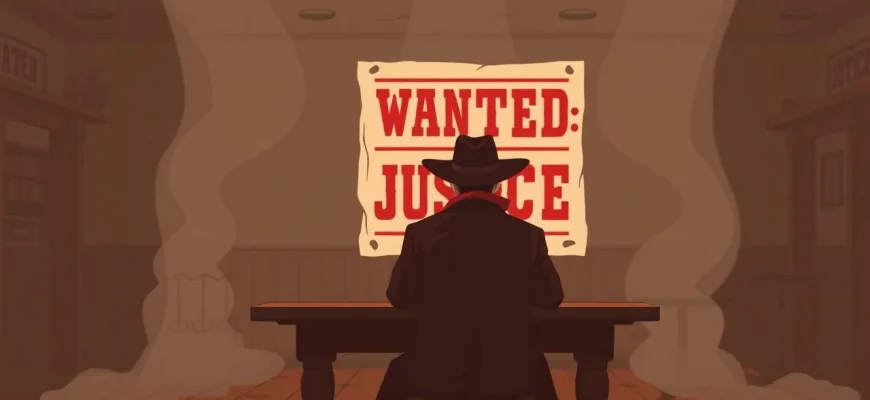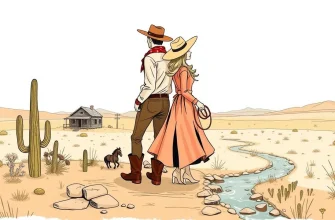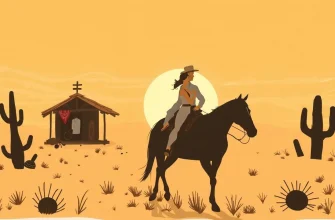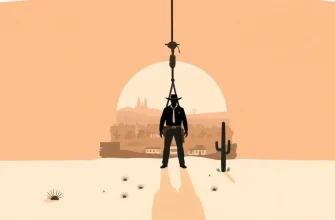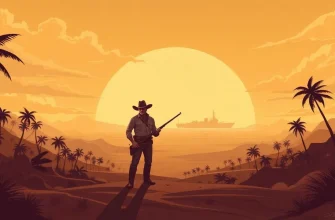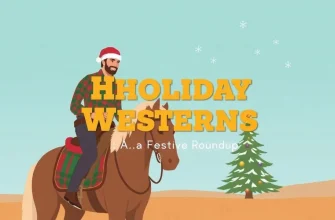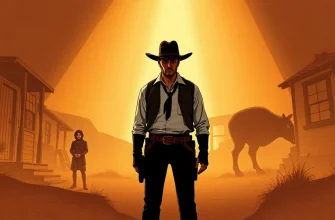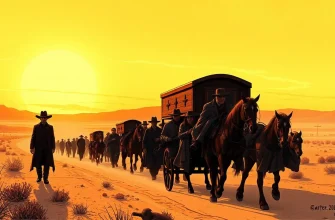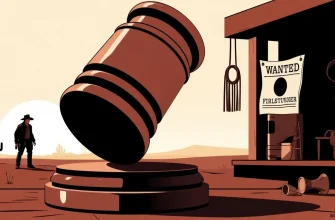The Wild West was not just about gunslingers and outlaws; it was also a time when justice was often served in the most unconventional ways. This collection of films delves into the courtroom dramas set against the backdrop of the rugged frontier, where the law was as wild as the land itself. These movies not only entertain but also offer a unique perspective on justice, morality, and the human condition in the untamed West.

The Ox-Bow Incident (1943)
Description: This film explores the theme of mob justice when a posse forms to hunt down three men accused of cattle rustling and murder, only to find themselves in a moral dilemma when the real culprits are revealed.
Fact: The film was based on a novel by Walter Van Tilburg Clark and was nominated for an Academy Award for Best Picture.
 Watch Now
Watch Now 
High Noon (1952)
Description: While not strictly a courtroom drama, "High Noon" features a sheriff who must face a gang of killers alone after the town's citizens refuse to help, showcasing the struggle for justice in a community.
Fact: The film was shot in real-time, with the entire story unfolding in the 85 minutes leading up to the noon showdown.
 Watch Now
Watch Now 
The Man Who Shot Liberty Valance (1962)
Description: This film delves into the myth versus reality of heroism and justice, with a courtroom scene where the truth about who really shot the notorious outlaw Liberty Valance is revealed.
Fact: John Ford, the director, famously said, "When the legend becomes fact, print the legend," which is a central theme of the movie.
 Watch Now
Watch Now 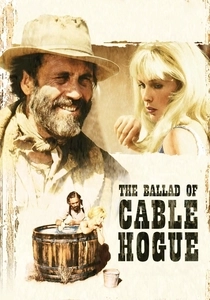
The Ballad of Cable Hogue (1970)
Description: While primarily a comedy, it includes a courtroom scene where Cable Hogue seeks justice against those who wronged him, highlighting the absurdity and humanity of the legal system in the West.
Fact: This was one of Sam Peckinpah's less violent films, focusing more on character development and humor.
 Watch Now
Watch Now 
The Life and Times of Judge Roy Bean (1972)
Description: This film follows the self-appointed judge Roy Bean, who dispenses his own brand of justice in a lawless town, often in a makeshift courtroom.
Fact: Paul Newman, who plays Judge Roy Bean, also produced the film.
 Watch Now
Watch Now 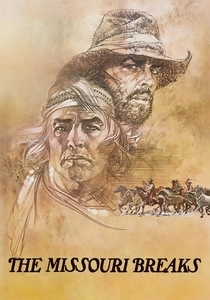
The Missouri Breaks (1976)
Description: This film features a courtroom scene where the tension between law and vigilante justice is explored, with a cattle rustler facing trial in a small town.
Fact: The film marks the only collaboration between Marlon Brando and Jack Nicholson.
 Watch Now
Watch Now 
The Outlaw Josey Wales (1976)
Description: While not primarily a courtroom drama, it includes scenes where justice is sought outside the legal system, reflecting on the moral complexities of the time.
Fact: Clint Eastwood both directed and starred in this film, which became one of his most iconic roles.
 Watch Now
Watch Now 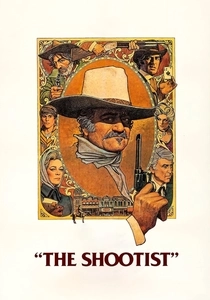
The Shootist (1976)
Description: This film, while focusing on an aging gunfighter, includes a courtroom scene where the character faces the consequences of his past actions, exploring themes of justice and legacy.
Fact: John Wayne's final film role, it was also his only film with director Don Siegel.
 Watch Now
Watch Now 
The Claim (2000)
Description: Set in a mining town, this film features a courtroom scene where the protagonist's past catches up with him, exploring themes of guilt, redemption, and justice.
Fact: The film is based on Thomas Hardy's novel "The Mayor of Casterbridge."
 Watch Now
Watch Now 
The Sisters Brothers (2018)
Description: This modern take on the Western genre includes a courtroom scene where the brothers face the law, highlighting the clash between personal justice and societal norms.
Fact: The film is based on the novel by Patrick deWitt and features a unique blend of dark comedy and drama.
 Watch Now
Watch Now 
